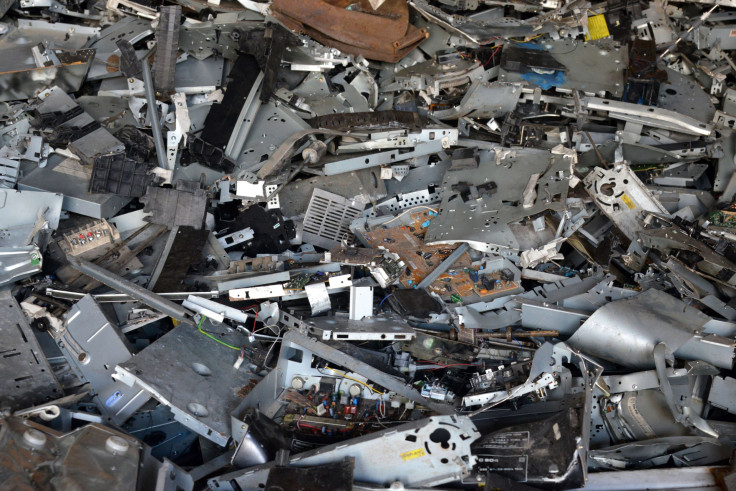World Economic Forum 2019: Ocean Pollution, E-waste In Focus At Davos

At the ongoing World Economic Forum 2019 (WEF) in Davos, Switzerland, some participating individuals and institutions have announced their intention to tackle the increasingly pressing problem of environmental degradation. Among the prominent announcements made at the annual event was one by seven United Nation (U.N.) agencies, and another was by the Sustainable Ocean Alliance (SOA), which received a donation from Salesforce CEO Marc Benioff and his wife Lynne.
The U.N. agencies came together as the E-waste Coalition and launched a report Thursday, titled “A New Circular Vision for Electronics- Time for a Global Reboot”. The coalition was also supported by the World Business Council for Sustainable Development (WBCSD), a global CEO-led organization of over 200 businesses that work together for the evolution of industry and technology in ways that contribute to a sustainable future for the planet.
“Global e-waste is the fastest growing waste stream and presents societal and environmental risk. The summary clearly lays out why we must act at scale, now, and collaborate between business, international organizations, governments and NGOs. WBCSD is committed, through Factor10 and the Alliance to End Plastic Waste, to achieving a world where waste has no place,” Peter Bakker, president and CEO of WBCSD, said in an emailed statement.
The report also said technologies such as cloud computing and the Internet of Things (IoT) support gradual “dematerialization” of the electronics industry. To capture the global value of materials from e-waste and create global circular value chains, the report noted the use of new technology to create service business models, better product tracking and manufacturer or retail take-back programs. If the electronic sector was supported with the right policy mix and managed in the right way, it could lead to the creation of millions of jobs worldwide.
Nigeria announced, in partnership with the Global Environment Facility and U.N. Environment announced a $2 million investment in the country to start the formal e-waste recycling industry in Nigeria. This initiative will see another $13 million of additional financing from the private sector.
The Benioffs donated $1.5 million to SOA, a global nonprofit that advances the impact of young ocean leaders and focuses on developing solutions to protect and rehabilitate the ocean.
The funding announcement was made by SOA’s director and founder Daniela V. Fernandez at WEF.
“This generous gift from Marc and Lynne Benioff will help further our goal of transforming brilliant ideas into revenue-generating ventures that can scale and have a positive impact on health and sustainability of our planet,” Fernandez said.
“Our oceans are in grave danger, due to many consequences of climate change and pollution. These challenges can be solved with investment and innovation. Lynne and I are proud to support Daniela Fernandez and the Sustainable Ocean Alliance’s bold vision to create 100 new startups by 2021 to heal the ocean,” Benioff said.
E-waste is defined as anything with a plug, an electric cord or battery (including electrical and electronic equipment) — from toaster to toothbrushes, smart-phones, fridges, laptops and LED televisions — that has reached the end of its life. It also includes the components that make up these products. Ocean currents concentrate plastic in five areas in the subtropical gyres, also known as the world’s “ocean garbage patches”. The largest garbage patch— between California and Hawaii — has over 5 trillion pieces of plastic and is growing. The oceans also face a number of other threats, including rising temperatures, increasing acidification due to increasing carbon emissions and over-fishing.
© Copyright IBTimes 2024. All rights reserved.





















